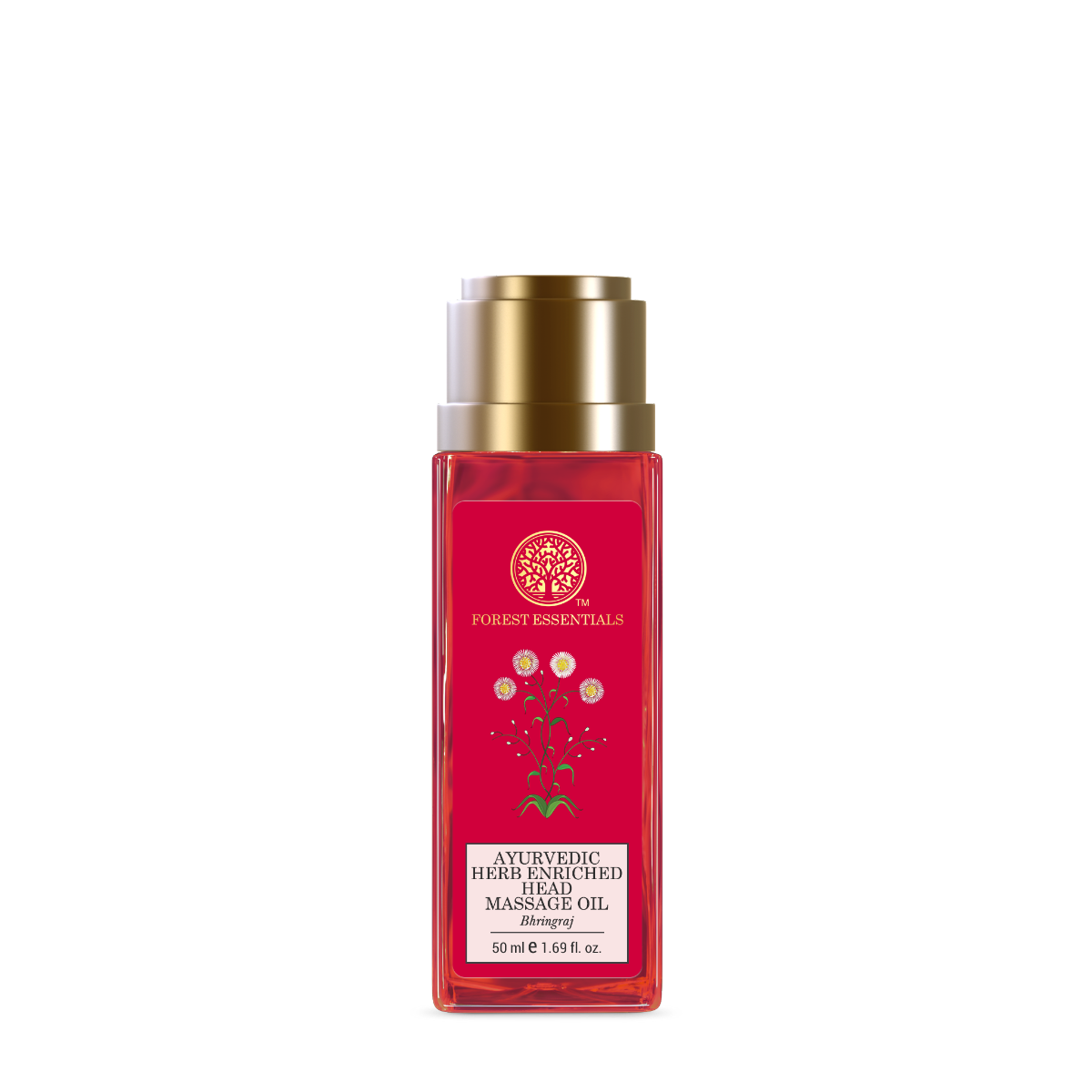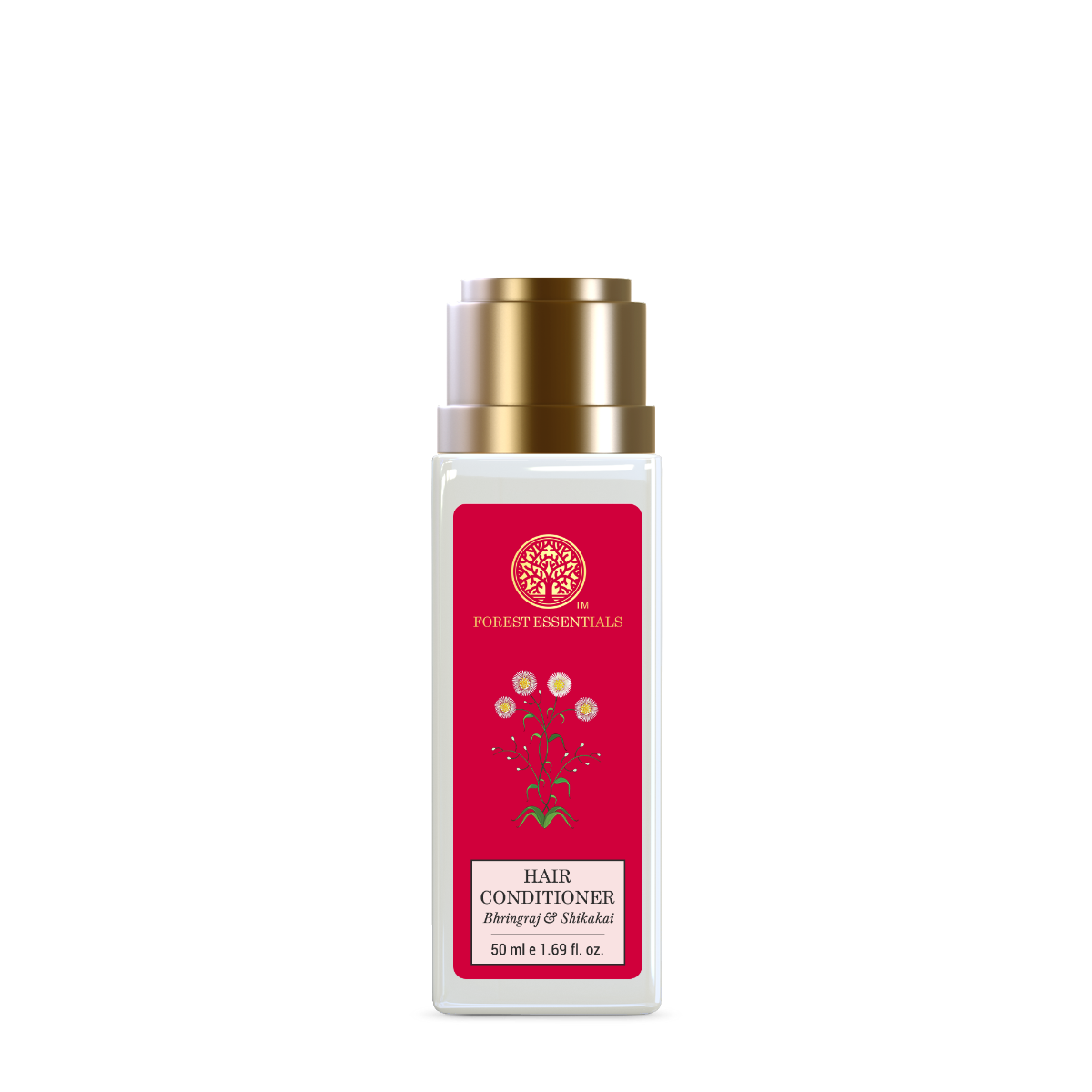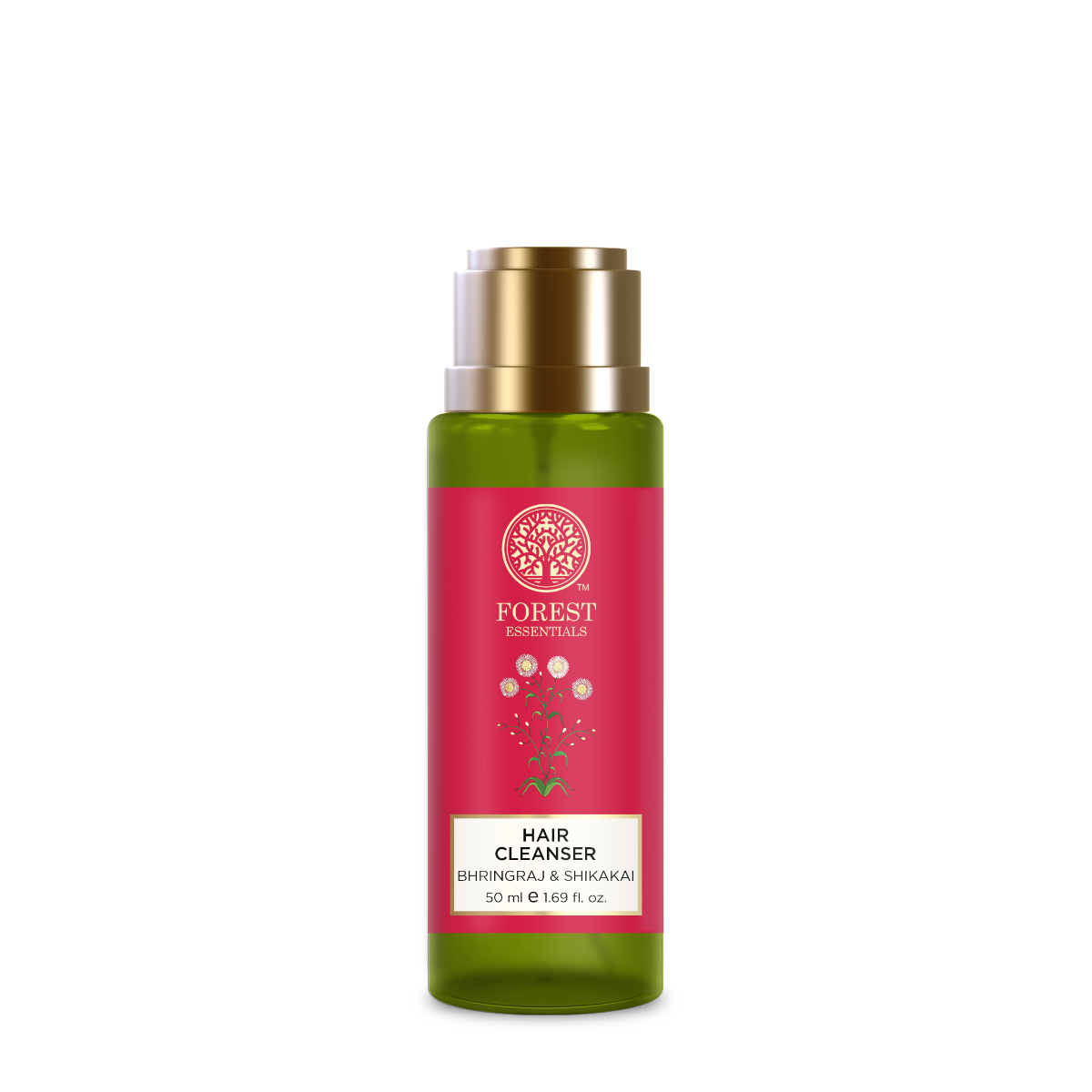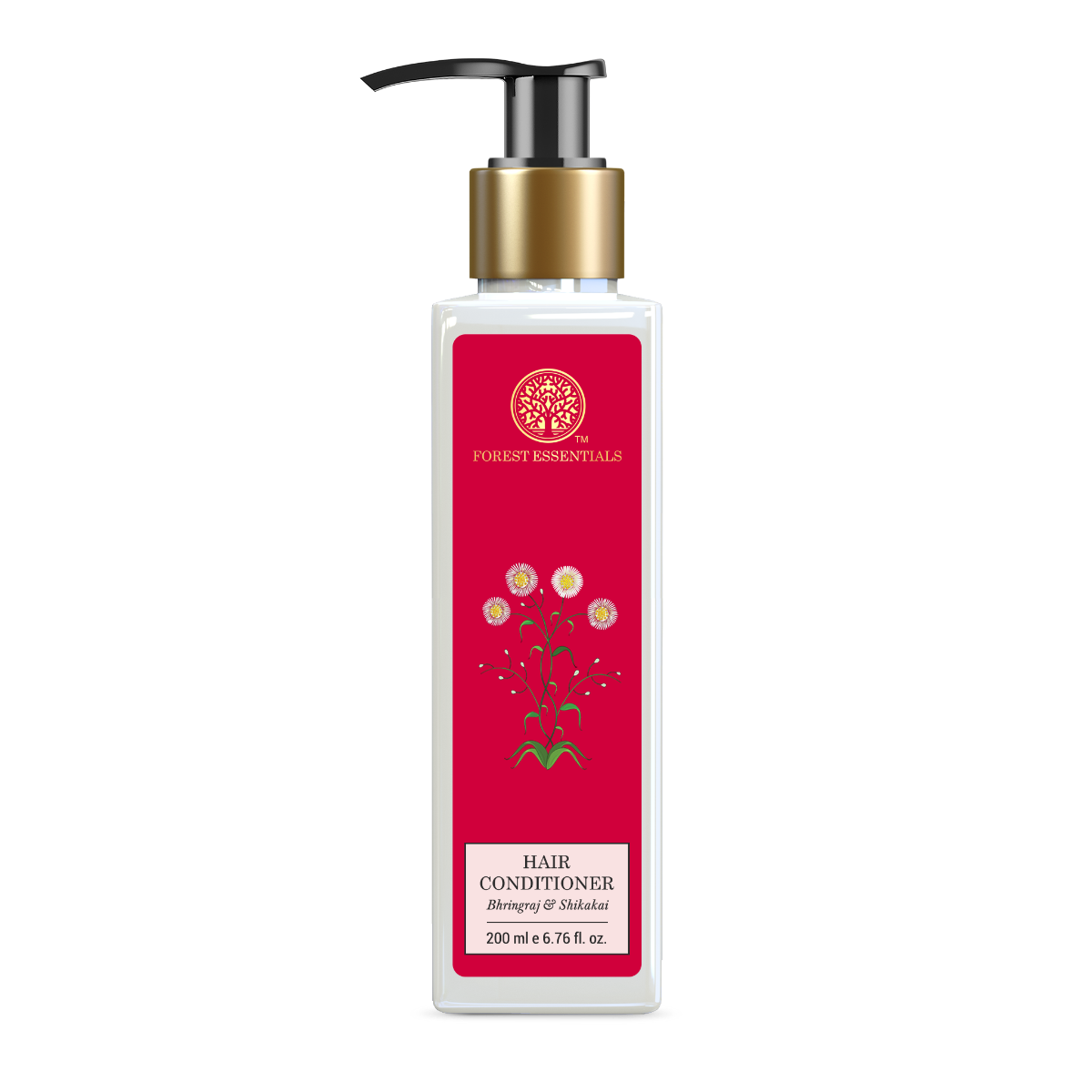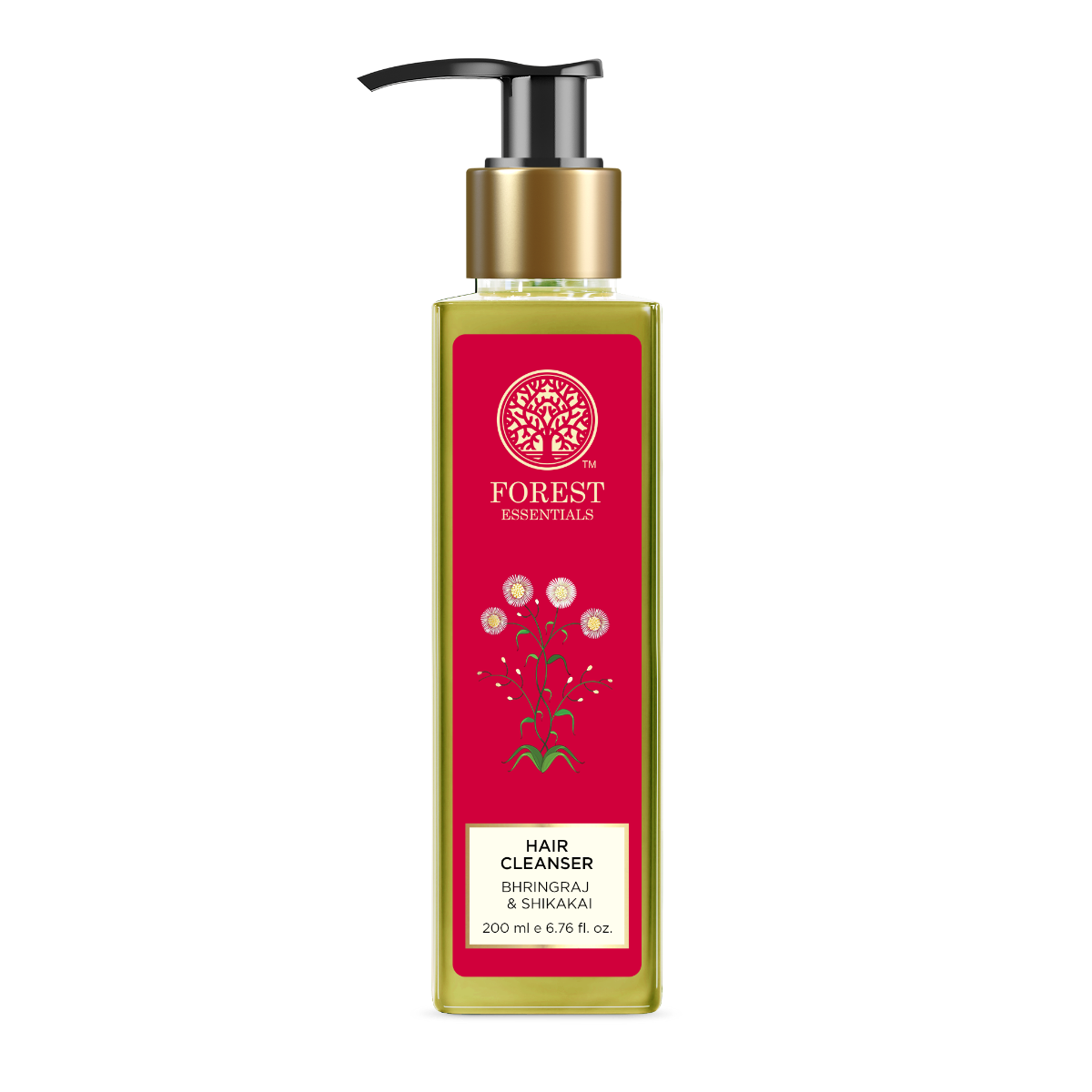For centuries, rosemary has been revered for its many healing properties, making it a trusted remedy across cultures. In Ayurveda, it holds a special place for promoting healthy hair and stimulating growth. With the rise in natural and holistic beauty practices, rosemary oil for hair has become a must-have for those looking to nourish their tresses. This blog delves into the benefits of rosemary, its usage, and the results you can expect.
The Ayurveda Connection: Rosemary for Hair

In Ayurveda, the health of the hair is deeply connected to the balance of the three doshas—Vata, Pitta, and Kapha. Rosemary is known to pacify the Vata and Kapha doshas, helping to reduce dryness and inflammation of the scalp, two common factors that impede hair growth. Additionally, its warming nature improves circulation, which is crucial for delivering nutrients to the scalp and promoting the growth of healthy, strong hair.
By incorporating rosemary oil into your hair care ritual, you are aligning with ancient Ayurvedic wisdom that views hair as a reflection of one’s overall health.
Rosemary Oil for Hair: Benefits

Rosemary oil benefits for hair extend beyond growth. Here’s a closer look at how it nurtures your locks:
1. Stimulates Hair Growth
One of the most well-known benefits of rosemary essential oil for hair is its ability to stimulate growth. By improving scalp circulation, rosemary encourages new hair follicles to develop, making it a powerful hair oil for hair growth. Regular use can lead to visibly thicker and healthier hair.
2. Prevents Hair Loss
Hair thinning and loss can be distressing, and rosemary leaf helps combat this by strengthening the hair follicles. The oil’s natural antioxidant properties protect the hair from damage, while its ability to reduce DHT (dihydrotestosterone) helps to prevent hair loss caused by hormonal factors.
3. Improves Scalp Health
A healthy scalp is the foundation of good hair. Rosemary oil has antimicrobial and anti-inflammatory properties that soothe the scalp, reduce dandruff, and keep itchiness at bay. If your scalp is dry or irritated, rosemary leaf or oil can be the remedy you’ve been looking for.
4. Adds Shine and Softness
Rosemary oil doesn’t just nourish the scalp and hair follicles—it also improves the overall texture of your hair. Regular application results in shinier, softer hair that looks and feels healthier.
5. Prevents Premature Greying
Premature greying is another concern that rosemary oil addresses. Rich in antioxidants, it helps neutralise free radicals that contribute to ageing, thus slowing down the greying process.
How to Use Rosemary Oil for Hair Growth
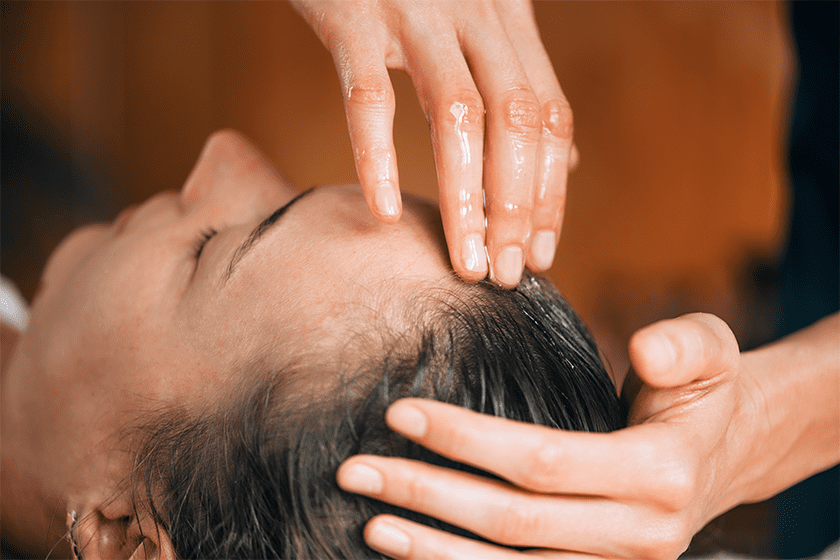
Incorporating rosemary oil into your routine is simple and can be tailored to your hair’s needs. Here are some effective rosemary uses for hair:
1. Rosemary Oil Massage
The easiest way to use rosemary is by massaging it directly into your scalp. Mix a few drops of rosemary essential oil with a carrier oil, such as coconut or almond oil, and massage it gently into your scalp. Leave it on for at least 30 minutes before washing it out. This method enhances blood circulation and deeply nourishes your scalp.
2. Rosemary Leaves Hair Rinse
For a more traditional approach, consider using rosemary leaves for hair. Boil fresh or dried rosemary leaves in water, strain, and use the rosemary water as a rinse after shampooing. This practice, rooted in Ayurveda, helps rejuvenate the scalp and keeps your hair soft and shiny.
3. Rosemary Oil Leave-In Treatment
Add a few drops of rosemary oil to your leave-in conditioner for added benefits. This works wonders for those with dry or frizzy hair, as it helps to lock in moisture and smooth the hair strands.
4. DIY Rosemary Hair Mask
Combine rosemary with other nourishing ingredients such as yoghurt, honey, or aloe vera to create a hydrating hair mask. Apply this mixture to your hair once a week to give your locks an extra dose of moisture and strength.
What Results Can You Expect?

Patience is key when using natural remedies for hair like rosemary oil. With consistent use over a few weeks, you’ll start to notice visible improvements. However, before incorporating rosemary into your routine, it’s crucial to perform a patch test to check for any potential allergic reactions or sensitivity, as undiluted or excessive use may cause scalp irritation.
Here are some results you can expect from using rosemary oil for hair:
- Thicker, Fuller Hair: Rosemary oil’s ability to stimulate hair growth will lead to thicker, more voluminous hair over time.
- Stronger Hair: By strengthening the hair follicles, rosemary oil helps to reduce breakage, resulting in stronger strands.
- Healthier Scalp: Regular application of rosemary oil will keep your scalp healthy, free from dandruff, and well-nourished, creating the ideal environment for hair growth.
- Natural Shine: Your hair will look shinier and feel softer, thanks to rosemary conditioning properties.
Conclusion
Rosemary oil is a natural powerhouse for your hair, offering a variety of benefits ranging from promoting growth to improving overall hair health. By tapping into the ancient wisdom of Ayurveda and incorporating rosemary oil into your routine, you can experience healthier, thicker, and more vibrant hair. Whether used as a massage oil, rinse, or mask, rosemary proves to be a versatile and effective hair treatment that works in harmony with nature.
If you’re looking to enhance your hair care regimen with something that is both traditional and effective, rosemary oil is certainly worth considering.
FAQs
How to use rosemary oil for hair?
Mix a few drops of rosemary oil with a carrier oil like coconut or almond oil and massage it into your scalp. Leave it on for at least 30 minutes before rinsing or use it in a leave-in conditioner or hair mask.
Is rosemary oil good for hair?
Yes, rosemary is excellent for hair. It promotes hair growth, strengthens follicles, improves scalp health, and adds shine and softness.
Can rosemary oil regrow hair?
While rosemary oil may not regrow hair directly, it stimulates hair follicles and improves scalp circulation, which can encourage new hair growth over time.
Does rosemary oil have side effects?
It is generally safe, but it may cause irritation or allergic reactions in sensitive individuals. Always dilute it with a carrier oil and do a patch test before use.
Can I leave rosemary oil on my hair?
Yes, you can leave rosemary on your hair, especially when mixed with a carrier oil or in a leave-in treatment. Leaving it on overnight is also safe for deeper nourishment.
References
https://www.healthline.com/health/rosemary-oil-for-hair
https://www.womenshealthmag.com/beauty/a41902382/rosemary-oil-for-hair
https://www.elle.com/beauty/hair/a38603963/rosemary-oil-for-hair
https://www.cosmopolitan.com/style-beauty/beauty/a38369567/rosemary-oil-for-hair





